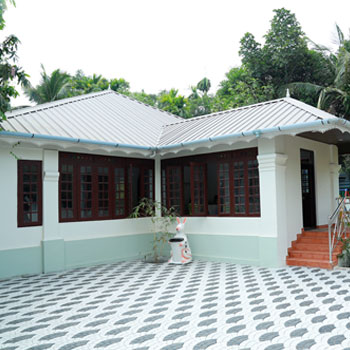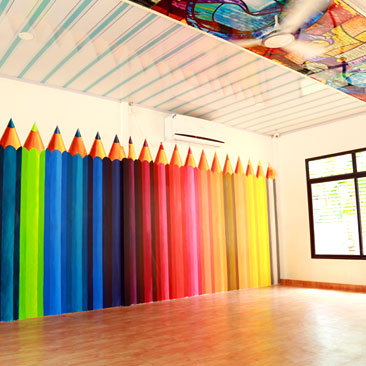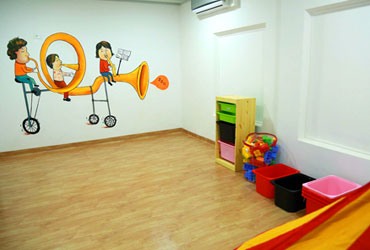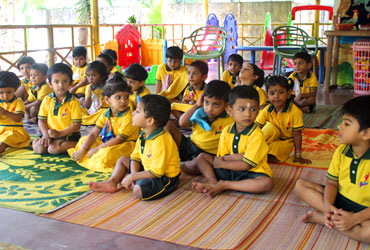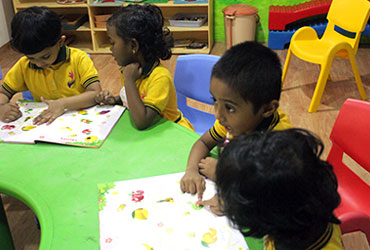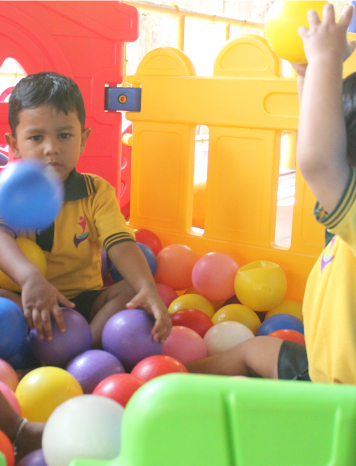Traditionally we were concerned with assessing "what" our children learn... Instead, let's focus on "how" our children learn…
According to various studies by National and International agencies, the skill developments in future contributors to the global economy are the CORE focus in the current education system.
We, a group of college friends, came together with the objective to collaborate with qualified and passionate individuals to inculcate a culture of entrepreneurship in the field of education in India.
It is our vision to nurture and develop a group of ambitious, committed and responsible boys and girls who will become confident intellectuals, and serve as role models in the modern world tomorrow.
